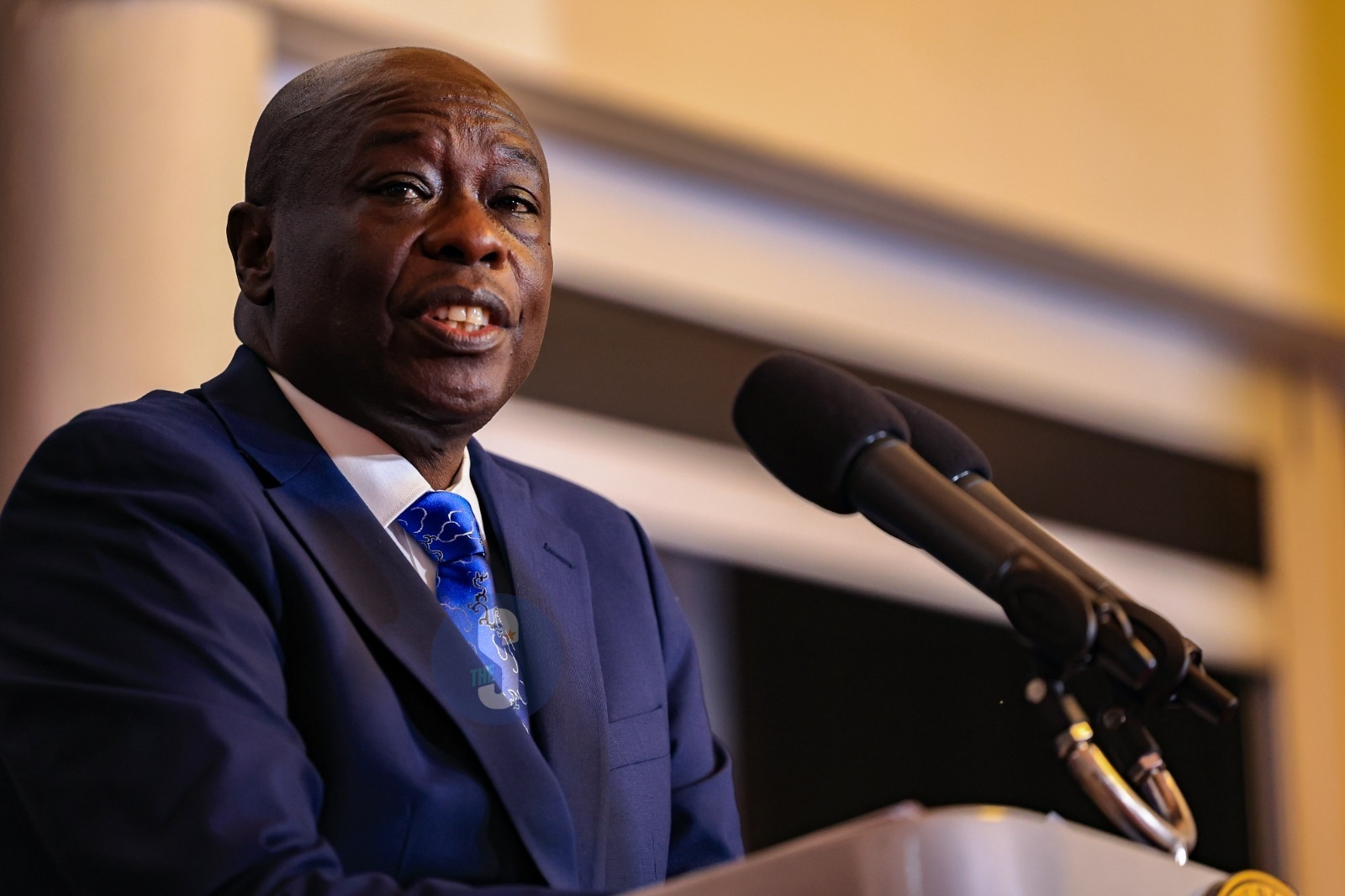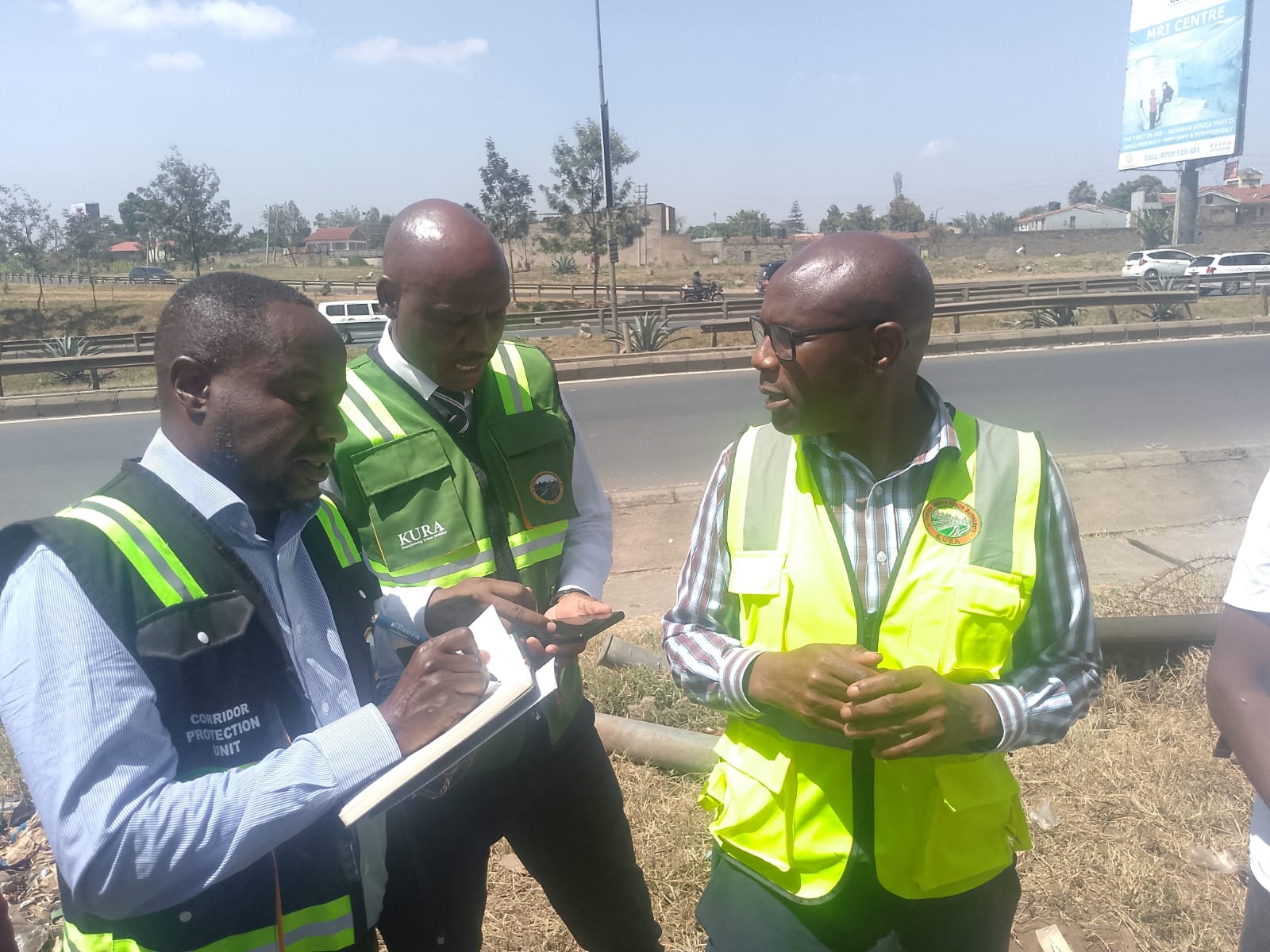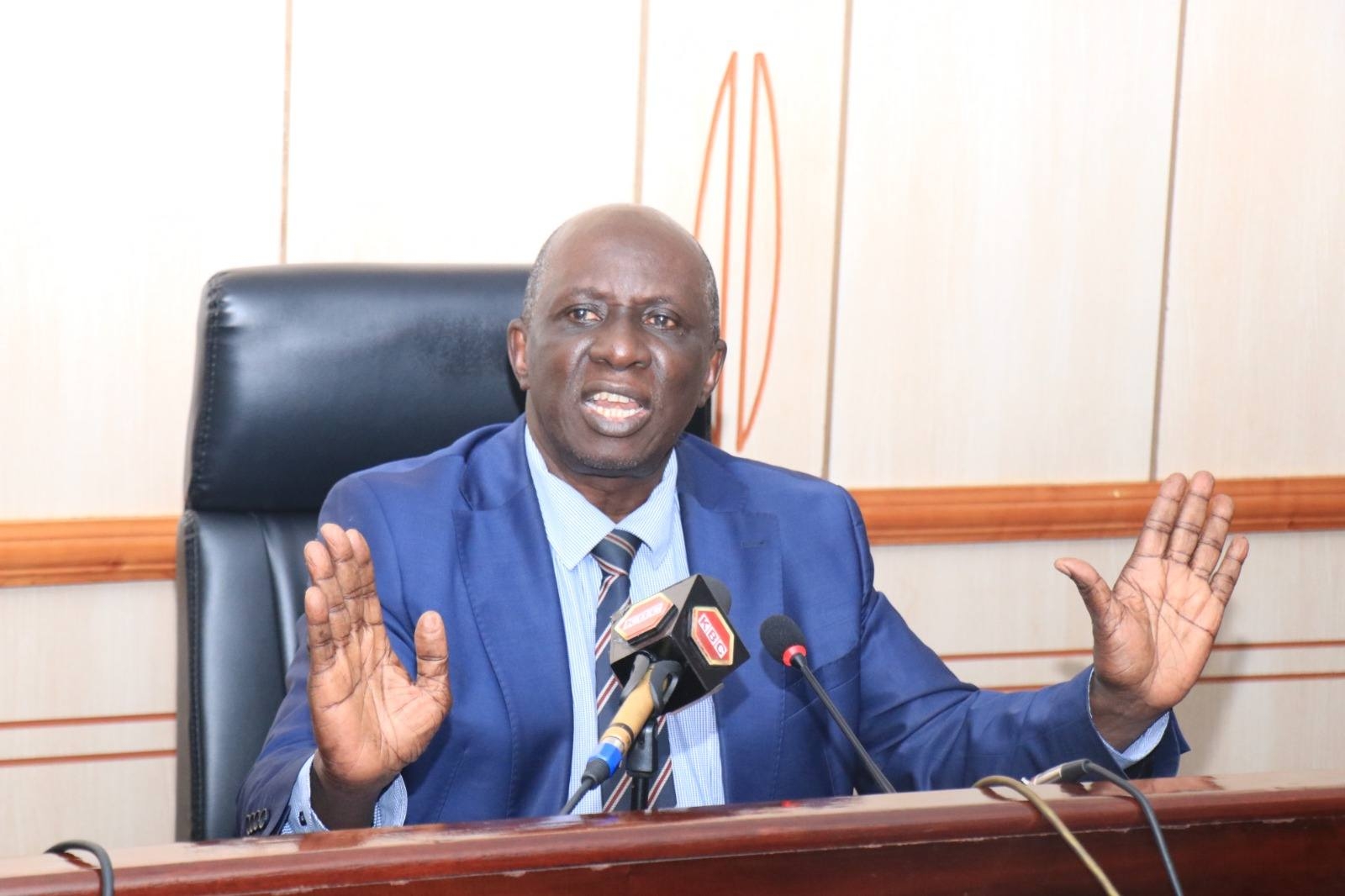A recently released report by the National Syndemic Diseases Control showed that AIDS-related deaths among men increased in 2021 compared to women.
According to the report dubbed "It is a race against time", 8,291 men aged 30 and above died due to AIDS-related illness compared to 6,923 women in the same period.
The statistics revealed that despite the country having fewer men living with HIV than women, more AIDS-related deaths were recorded among men.
According to the report, older men (30+ years) account for 37 per cent of all AIDS-related deaths.
National HIV Youth Prevention Ambassador Bernard Baridi is attributing this trend to poor health-seeking behaviour and low uptake of ART among men. Those who go for testing do not adhere to treatment.
"Some of the men stop taking medication in what we call a silent killing or death. That they stop taking their drugs and at the same time they don’t want to talk to anybody because they feel when they talk, those around them feel that a man ought to be strong," Baridi told the Star in an interview.
Baridi, who is also the Chief Executive Officer of BLAST, a network of young people living with the disease, also said men have been left behind in the fight against HIV. He says they are not actively involved in some of the campaigns.
"Men have been left behind in sensitization campaigns. All programs are involving the girl child. This is pushing some men to lose the fight as they fall into depression," Baridi said.
He is recommending mental health services for HIV patients, especially men to help them learn to live with their health status and not to consider it as a death sentence.
Nelson Otwoma, National Coordinator, Network of People Living with HIV in Kenya (NEPHAK) is calling on communities to support men’s access to testing and retention care.
“We call on communities to support men’s access to testing and retention to care,” he said.
“When a country loses men, the ripple effect can be devastating.”

















